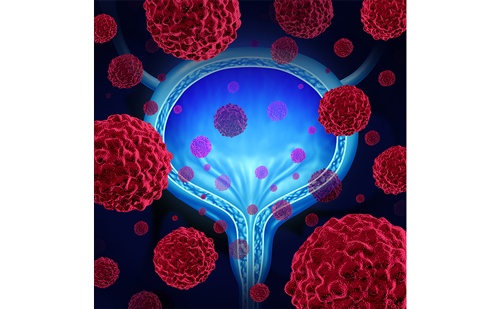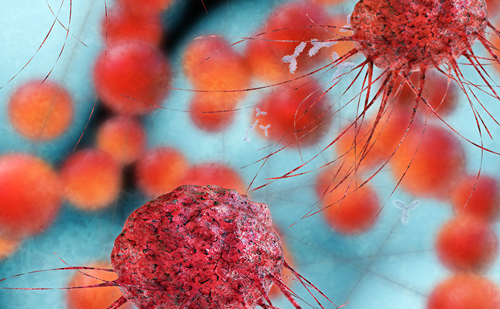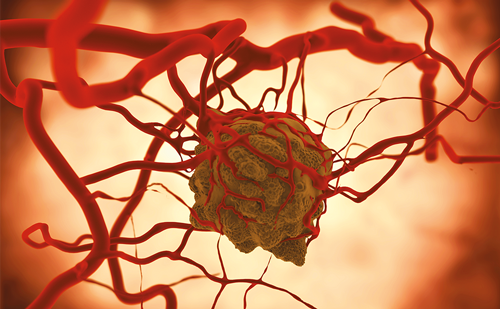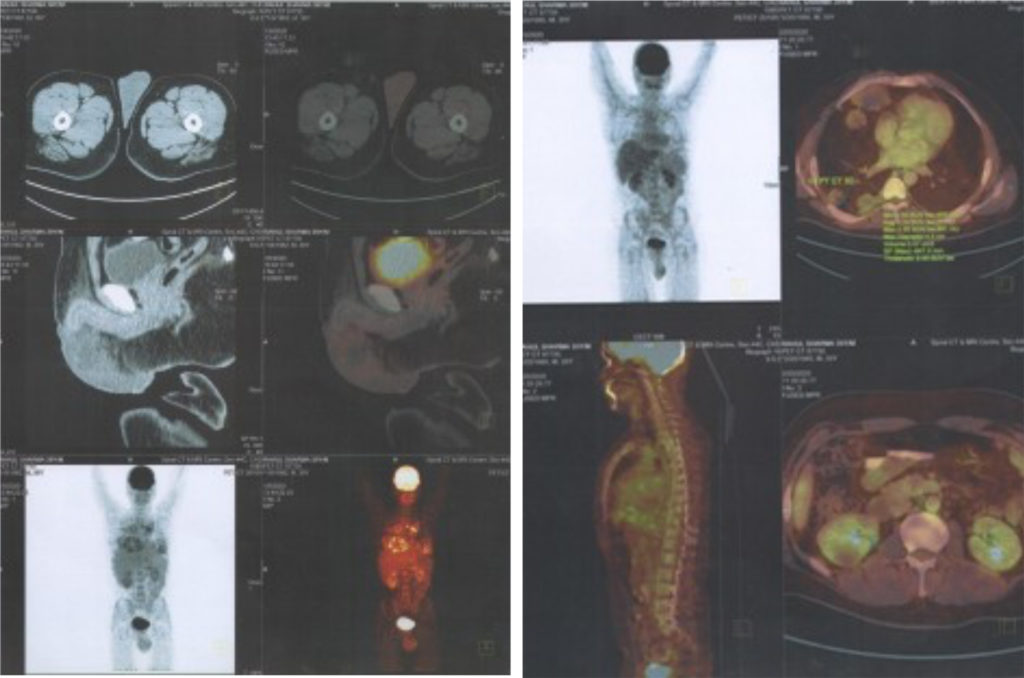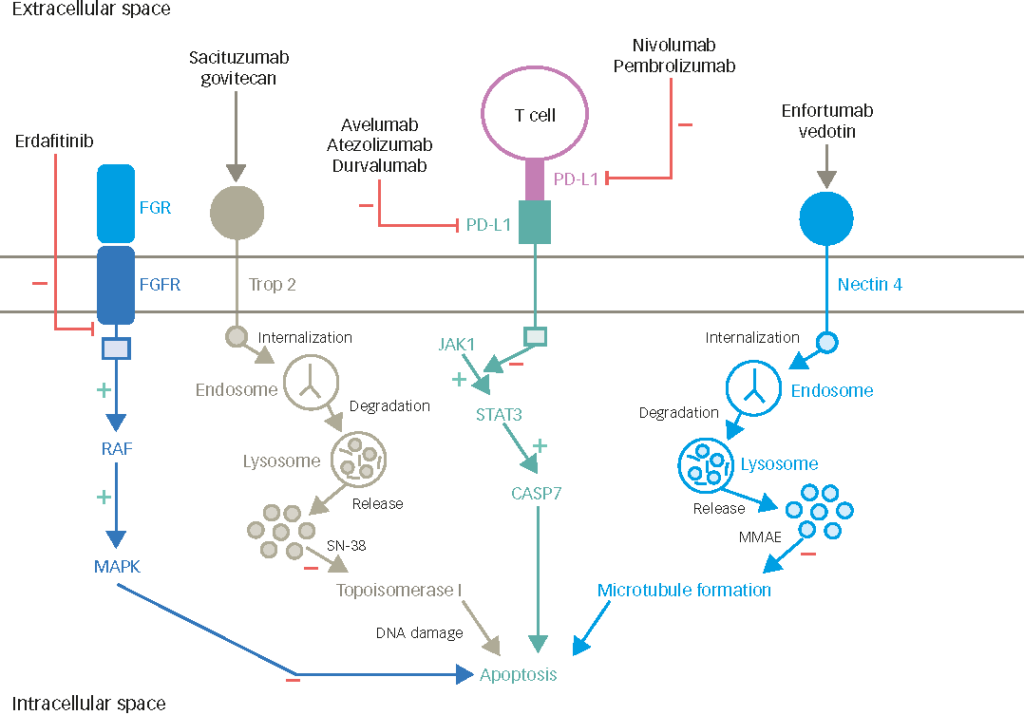Rectal cancer, as distinct from colon cancer, occurs in about 40,000 people annually in the US.1 It is an adenocarcinoma, and surgical resection remains the only therapeutic modality offering a chance of cure. However, compared to cancers of the colon, rectal malignancies are more difficult to resect. The lack of a robust mesentery, coupled with the rectum’s proximity to other genitourinary organs and the pelvic wall make complete surgical resection for T3-T4 and/or N1-N2 tumours difficult. For most stage I |(T1-T2, N0) disease (AJCC 7th Edition), complete surgical resection with clear margins usually suffices.2,3 However, for locally advanced rectal cancer [hereby defined as some T2 tumours (low and/or anterior rectum) and most T3, T4 or N1-N2 disease], surgical resection alone is not sufficient.2,3 Therefore, radiation and chemotherapy have evolved as important adjuncts in rectal cancer treatment, to allow better local outcomes. Over the years, the role of these adjunctive therapies has grown and various studies are available to guide therapy decisions.
Preoperative Radiation in Rectal Cancer
The first major randomised trial to evaluate adjunctive therapy for rectal cancer was the Swedish study – it compared preoperative radiation and surgery to surgery alone, and demonstrated improved local recurrence and overall survival with the addition of 25 Gy radiation preoperatively.4,5 This was followed by the Dutch study, which also used 25 Gy radiation prior to total mesorectal excision (TME). Again, improved local recurrence rates were seen; early overall survival, however, was not affected.6 These results, combined with the relatively easy radiation schedule and low treatment-related toxicities, led to preoperative radiation becoming an integral part of treatment of locally advanced rectal cancer.
Addition of 5-Fluorouracil to Preoperative Radiation
The next step in this process was the addition of concurrent chemotherapy to preoperative radiation. Fluoropyrimidines have beengood radiation sensitisers and some notable randomised controlled trials done around the turn of the millennium tested their utility in locally advanced rectal cancer (see Table 1). The EORTC study randomised patients to four arms: one employed preoperative radiation alone, and the other three added 5-fluorouracil (5-FU) to radiation in various combinations. At five years, local recurrence rates were halved with the addition of 5-FU.7 Again, overall survival remained unaffected. The Fédération Francophone de Cancérologie Digestive (FFCD) trial had only two arms, comparing preoperative chemoradiation to preoperative radiation alone, and demonstrated strikingly similar results. The addition of 5-FU led to the five-year local recurrence being halved, but with similar five-year overall survival.8 Thus, the clinical utility of adding 5-FU to radiation therapy for rectal cancer was established. Then, the German Rectal Cancer Study Group trial demonstrated that preoperative therapy led to improved five-year local recurrence rate, compared to the same therapy being administered after surgery.9 Thus, for the most part of the previous decade, fluoropyrimidine-based chemoradiation has been the standard of care for locally advanced rectal cancer. Recently published 11-year follow up data of the study showed a persisting significant improvement of pre- versus postoperative CRT on local control with local relapse was 7.1 versus 10.1 % (p=0.048). However, there was no clear overall survival effect with overall survival at 10 years of 59.6 versus 59.9 % (p=0.85). The 10-year cumulative incidence of distant metastases (29.8 and 29.6 %; p=0.9).10 It indicates that more effective systemic treatment is important in the multimodal therapy for locally advanced disease.
To view the full article in PDF or eBook formats, please click on the icons above.




